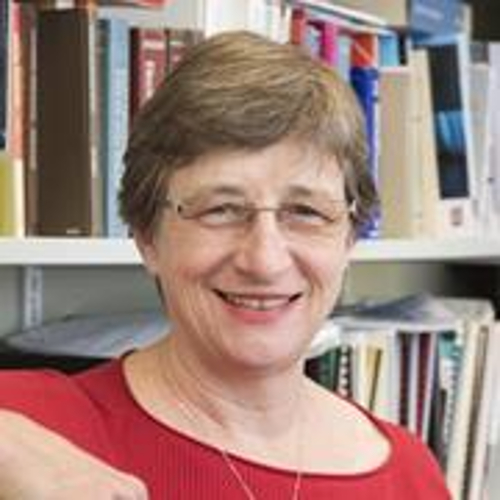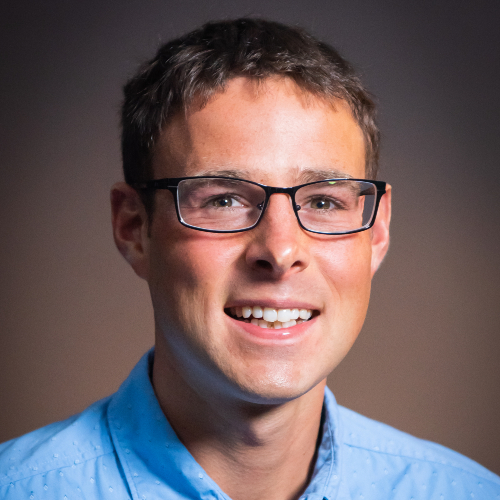
Prof Martha Savage, Solid Earth programme director
- martha.savage@vuw.ac.nz
- +64 4 463 5961
- Room 529, Cotton Building, Gate 7 Kelburn Parade, Kelburn Campus, Wellington

The people you work with and learn from are an important part of your studies. Find out who the teaching staff are and hear what Geophysics is like at postgraduate level.



PhD in Geophysics
While completing his BSc at Victoria University of Wellington, Luke developed strong working relationships with his lecturers, which led him to continue to postgraduate study.
“Over time we developed some interesting ideas, which eventually formed the basis for my continued research,” he says.
“I also found there were opportunities to undertake independent, self-guided research projects, which were fantastic learning opportunities and provided a great introduction to the sorts of skills required to succeed as a graduate student.”
Luke’s research looks at how human influence on the climate system, like greenhouse gas emissions, has changed the likelihood of extreme weather events occurring.
“I use climate models to look at simulations of the real world and simulations of a world that might have been, without human-induced climate change, to see how often a particular type of extreme event occurs in each case,” he says.
Luke’s PhD was supervised by Professor David Frame and Professor James Renwick and was carried out with help from the New Zealand Climate Change Research Institute.
“This is really important research with massive implications for policy. It will allow us to make statements about the role of climate change in flooding events with more confidence, both in New Zealand and worldwide.”
Previous
Qualification options